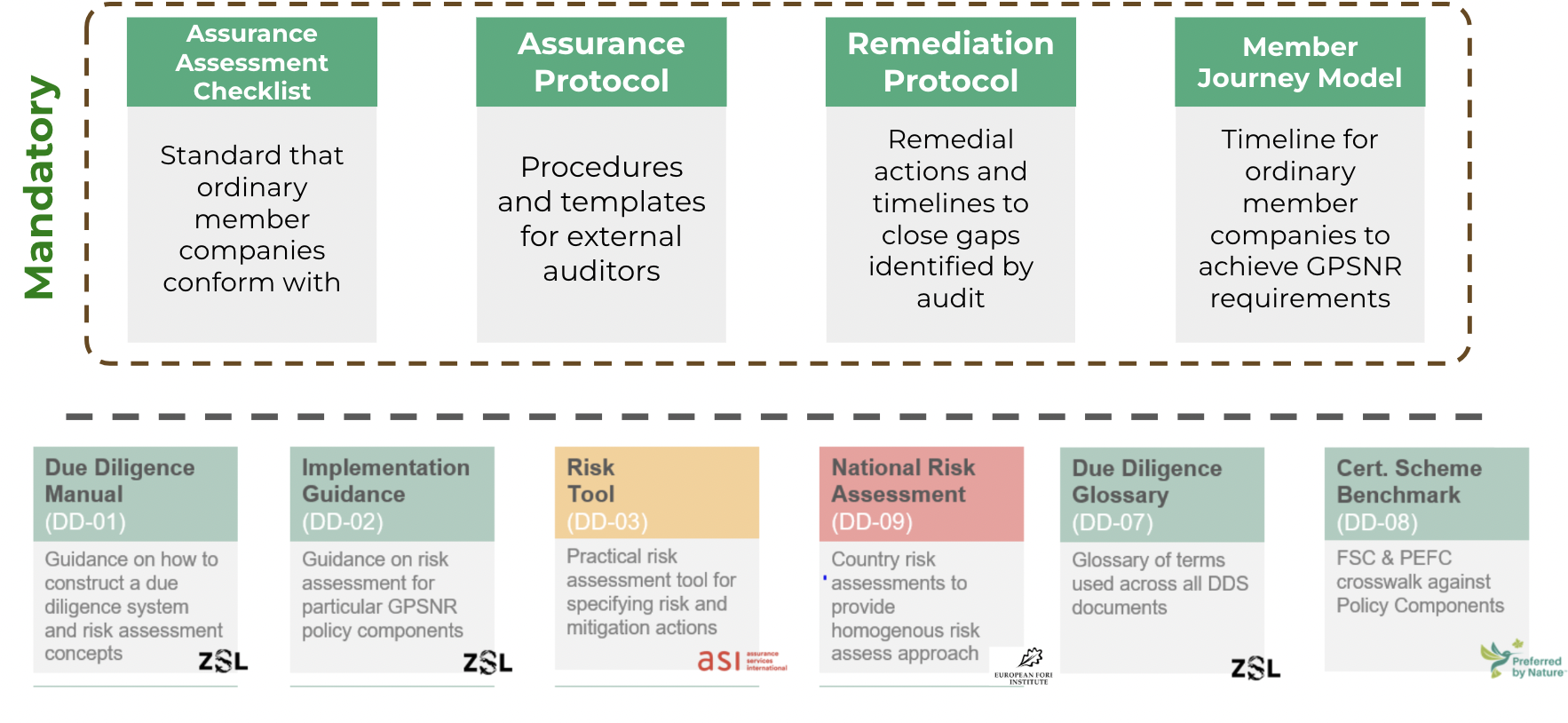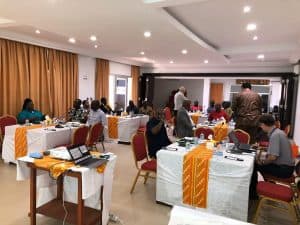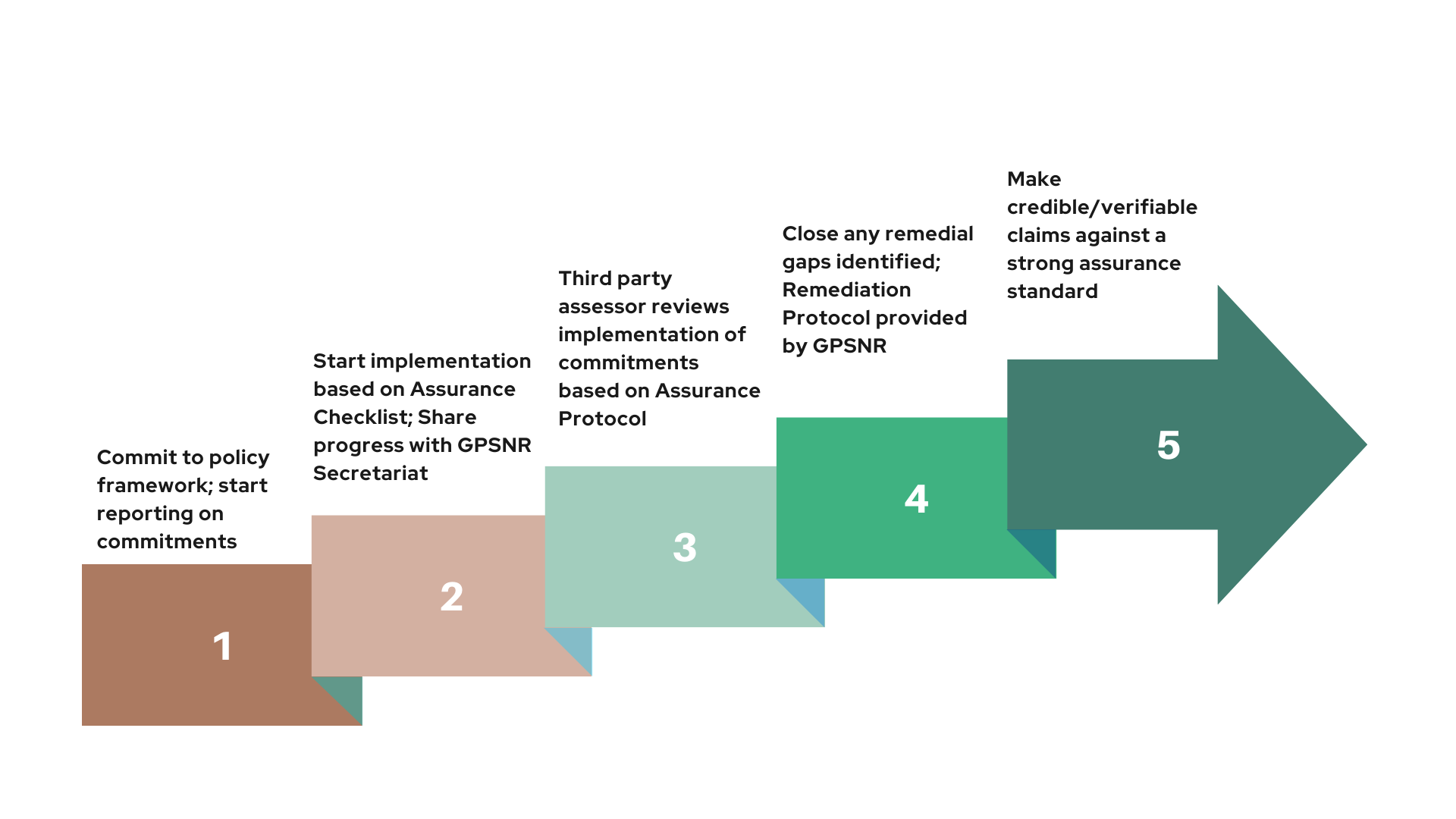To develop and implement an assurance system that will support GPSNR in demonstrating its long-term positive impact on the natural rubber industry and help GPSNR members companies validate their sustainability claims and commitments, GPSNR is conducting a 60 day public consultation from 1 May to 30 June 2024 on the three of the four mandatory elements of its Assurance Model. This includes the Assurance Assessment Checklist, Assurance Protocol, and Remediation Protocol. The Assurance Assessment Checklist captures the themes and minimum requirements that were previously discussed during the platform’s in-person meetings in February 2024. The Members Journey Model (MJM) can be found here, the MJM has already been developed and is being put forward for vote at the upcoming Extraordinary General Assembly. The Members Journey Model outlines the development path that members are expected to take once they join GPSNR.

GPSNR Assurance Model Structure (pending Extraordinary General Assembly vote)
After the consultation, the GPSNR Secretariat will review the comments from this public consultation, feedback from the GPSNR in-person meetings in June, and the learnings from the Assurance Model pilots which will be ongoing till July 31st and make necessary changes. A second 30-day consultation will be conducted after the documents have been revised in Q3 of 2024.
Any feedback on the documents should be added to this file by 30 June 2024.
Document Name | Link | Feedback Link |
Assurance Assessment Checklist | ||
Assurance Protocol | ||
Remediation Protocol |





